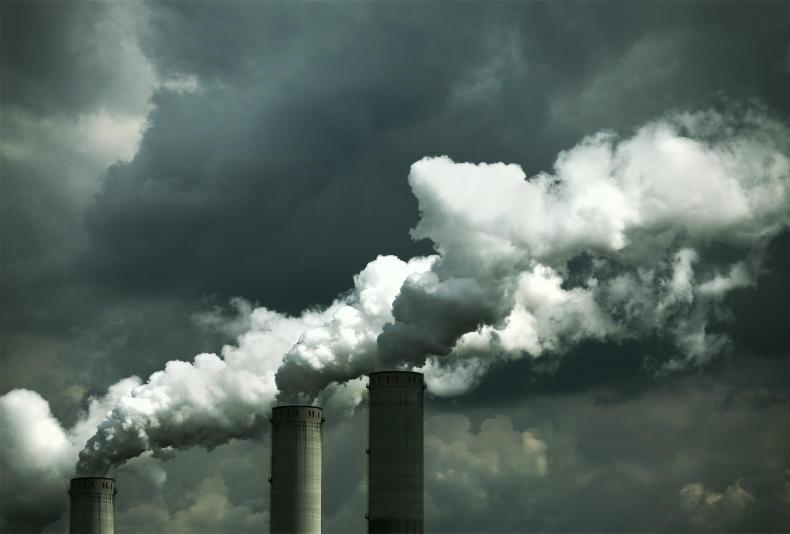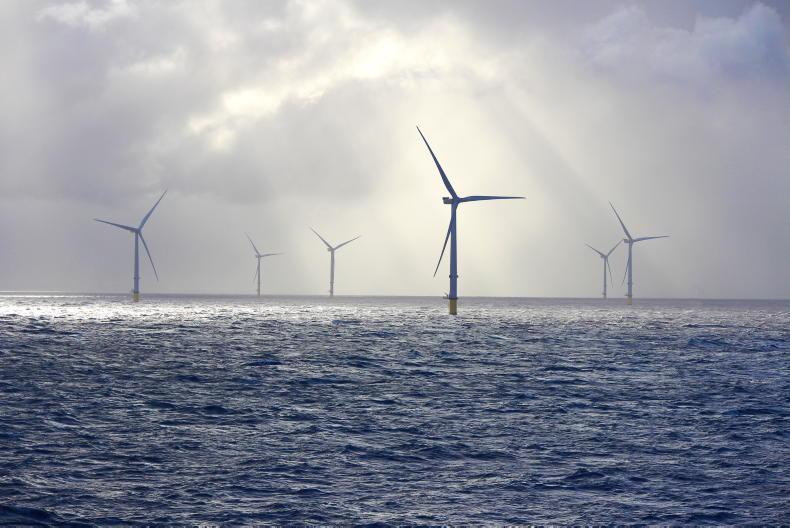Methane will continue to be treated in the same manner as carbon dioxide, according to the Climate Change Advisory Council’s (CACC) Carbon Budget Technical Report. This is despite it being a short-lived gas in the atmosphere.
The report from the CACC states: “The legislation requires the council to consider methane as part of the overall basket of greenhouse gases, using the standard GWP100 metric.”
The GWP100 is the 100-year global warming potential used to estimate the impact of each gas on atmospheric temperature and was based on all gases being stable with an infinite lifespan.
The relatively new GWP* metric takes into account the fact that methane is short-lived in the atmosphere and uses the current year’s methane emissions, as well as the trend for the past 20 years.
Methane reductions required
In 2018 agriculture accounted for 90% of methane emissions in Ireland. The CACC report states that: “A reduction in the rate of methane emissions can make a very significant contribution towards keeping Ireland within the carbon budget to 2050.”
However, very importantly the report references the EU’s Fit for 55 package, which it says highlights the “inherent complexities, as increasing the use of confinement housing for livestock typically leads to reduced methane emissions and ... benefits from grazing ruminants especially in terms of carbon sequestration and biodiversity in grassland and pastures would be lost”.
The United Nations Framework Convention on Climate Change also referenced in the report states that long-lived gases must reduce to net zero and that strong, rapid and sustained methane reductions are needed.
To learn more on GWP* click here.









SHARING OPTIONS